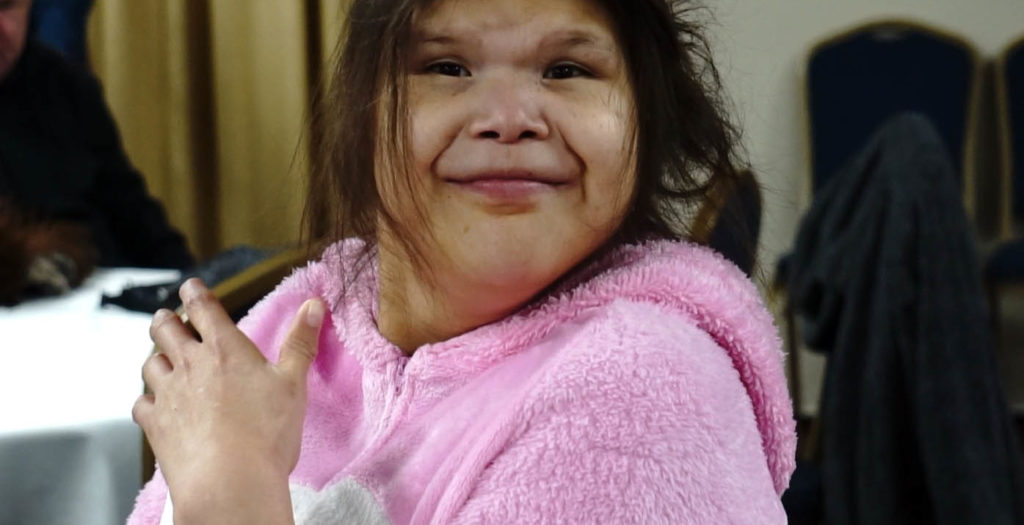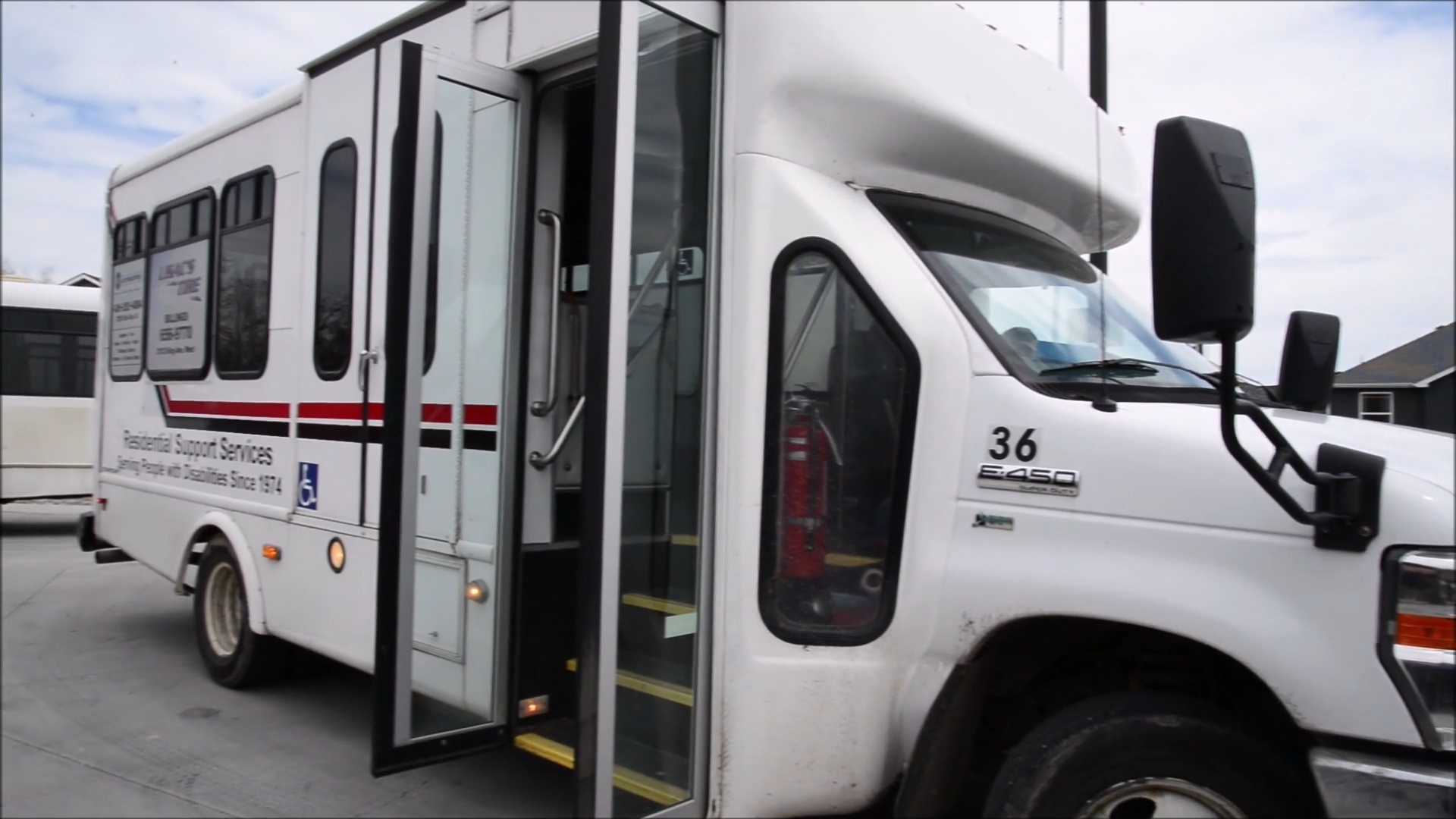With 1 in every 5 children having special needs, it’s no surprise that most of us have met someone with special needs at some point in our lives, whether we realize it or not. But what do you say to them? What do you do? With this guide, you’ll be prepared to greet any special needs adult with the right approach and attitude. You may find that they’re even more open than the average person to talking about their experiences—after all, they have plenty of them! Here are 7 things special needs adults want you to know.
1) We are capable
When you’re with a special needs adult, treat them like a regular person! Speak to them as if they can understand what you’re saying and don’t baby talk. Our loved ones are capable of so much more than we think they can do. But we have to give them that chance by treating them just like any other adult would be treated. This is extremely important for children, too!
2) We need support
All adults want and need support—whether it’s from friends, family or organizations—to make our lives better. Our disabilities don’t define us as people, but sometimes people see us as just that. We aren’t our disabilities and we deserve respect like anyone else. These 7 tips can help you make friends with special needs adults and understand what we really want from you.
3) Give us boundaries and we’ll exceed them
People with special needs are often told what they can’t do. We’re asked not to talk loudly, walk fast, get upset when we lose a game. There are always so many people telling us what we can’t do and it’s easy for us to start believing that.
4) Don’t take our kindness for weakness
It’s easy to take a kind remark or generous gift for granted, but we want you to know how much it means. If someone has taken an interest in your well-being or is offering advice or assistance, it’s our hope that you’ll stop and think before responding. Remember that a short exchange like Thank you so much! can make a big difference—and not just because it helps us feel appreciated.
5) Listen when we speak
Many special needs adults struggle with simple, everyday communication. As a result, they may speak with a lisp or slur their words. It can be frustrating and even embarrassing for them when people don’t listen—and instead try to talk for them or simply assume they have nothing important to say. Respect their right to speak clearly, and practice patience if their speech is difficult to understand.
6) Our lives are more than our disabilities
Any assumptions you might make about us are probably wrong. We’re not all that different from anyone else—we just don’t always get things right away. Just because we look different doesn’t mean our minds work differently, too. And if it makes you feel better, we didn’t like being born with a disability any more than you did.
7) Different does not mean bad
Many people are fearful of disabilities, thinking that those with special needs won’t be able to take care of themselves. That couldn’t be further from the truth. It may not be as easy for a person with physical or mental disabilities, but they don’t want any handouts; they just want a chance at fulfilling their goals and dreams, just like anyone else. So give them an opportunity—don’t pity them. They deserve more than that!









